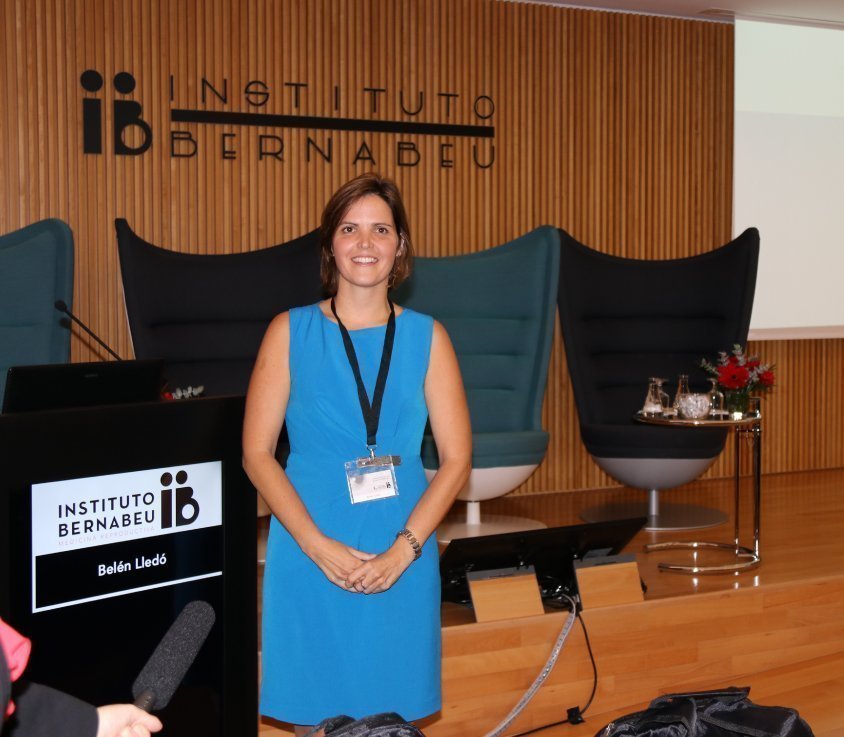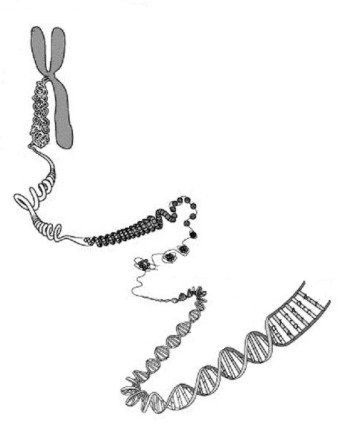Latest news
We will help you so that you can help others
The Rafael Bernabeu Foundation has launched the fifth edition of its €45,000 university student scholarship programme.
Genetics tests carried out prior to conception mean that children can now be born free of certain illnesses. Molecular biology experts in the Instituto Bernabeu Genetics Department at IB Biotech will enable couples to have children who are free of health conditions thanks to the most groundbreaking techniques using the very latest technology.
Instituto Bernabeu research presented at the 9th edition of the Congress of the Society for the Study of Reproduction Biology (ASEBIR) held in Madrid found that the natural antioxidant cinnamtannin B1 present mainly in bay leaves and cinnamon protects spermatozoa from DNA damage. This natural protector increases the ability to fertilise the ovum and improves the quality of the embryos that are generated.
Instituto Bernabeu applies new technique to detect alterations in sperm production
At the Association for the Study of Reproduction Biology (ASEBIR)'s 9th Congress held in Madrid, Instituto Bernabeu introduced a research paper focusing on checking the MLPA (Multiplex Ligation-dependent Probe Amplification) technique's sensitivity levels in order to find out how specific alterations can affect sperm production. Our investigation entitled: "New technique to detect Y chromosome microdeletion (YCM): Clinical implications” was based on the fact that Y chromosomes comprise different genetic regions involved with spermatogenesis or sperm production. In the event that one of these regions, also known as AZF, was deleted or duplicated, this could result in either a low amount or the complete absence of sperm.



